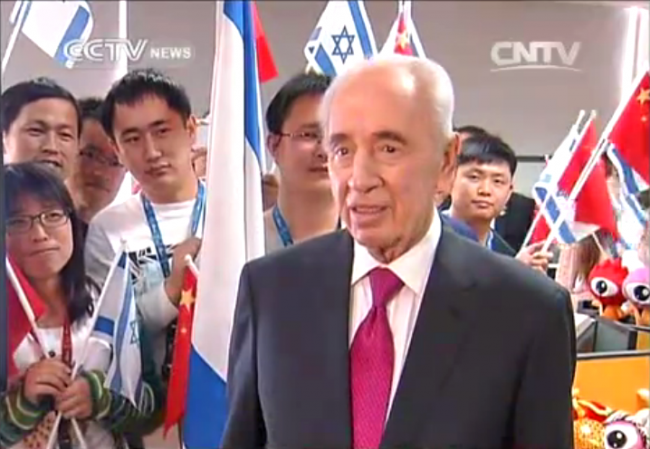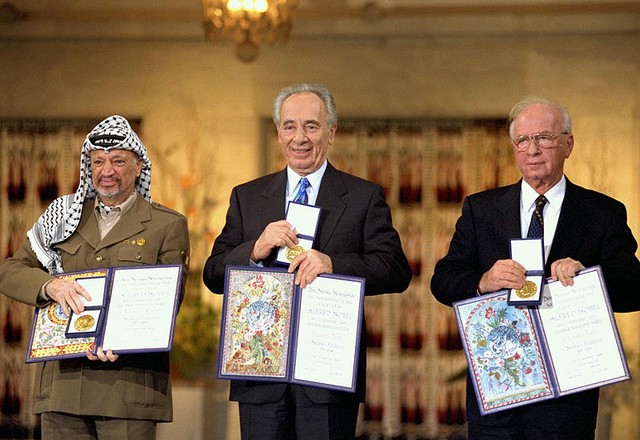President Shimon Peres: India mourns the loss of a true friend
on September 29, 2016
1 Comment
Prominent and ordinary Indians took to social media expressing their grief following the death of Israeli statesman and Nobel laureate at the age of 93:
“It was during his service as the minister of foreign affairs in the 1990’s that Peres also began his special relationship with India. He was the first minister of foreign affairs to visit India following the establishment of diplomatic relations,” wrote Ambassador Daniel Carmon, Israel's envoy to India, in an article published yesterday in India newspaper Hindustan Times. “He visited India several times in various capacities, visits to be remembered and cherished by all those who met him here.”









